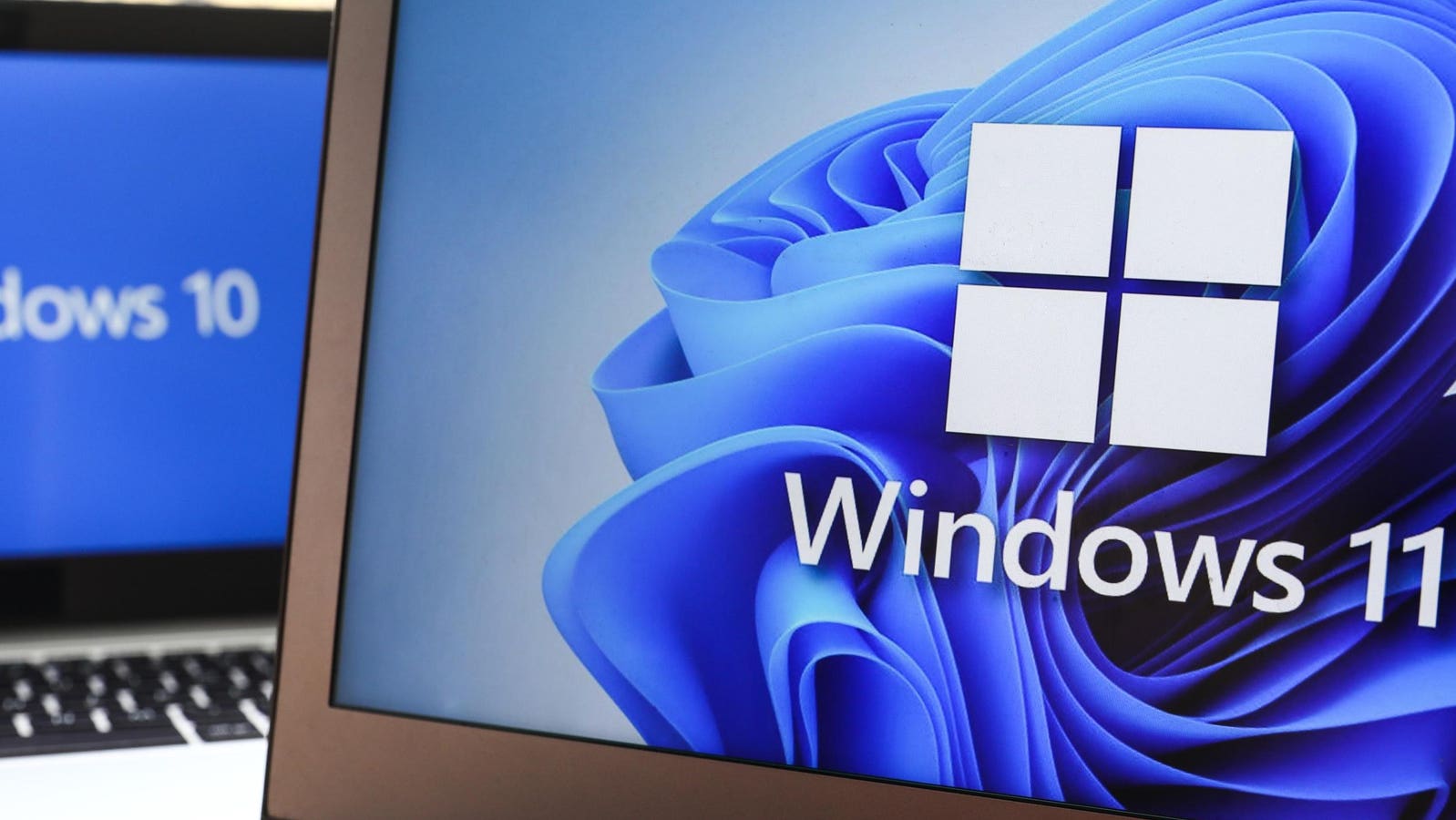Healthcare premiums: two fifty dollar paper money bill notes on pile of broken glass shards, blue background.
getty
Too many people are unaware that healthcare premiums for over 20 million Americans will increase significantly on Saturday unless Congress acts. In some cases, premiums will double. This is because the One Big Beautiful Bill Act allows the government healthcare tax credits, also known as subsidies, to expire at the end of the year. The resulting price increases will be reflected in healthcare premiums when Obamacare open enrollment 2026 begins November 1st. The clock is ticking loudly, and people need to be informed and act.
Despite considerable news coverage about Affordable Care Act healthcare subsidies expiring, many are unaware these increases will directly affect them. Millions of people can afford health insurance because the government partially covers the cost of the monthly premium with tax credits. For example, if a person’s monthly total cost for health insurance is $500 but the government pays $300, the person only pays $200 a month instead of the entire $500. The government shutdown is mainly about whether the government will continue to pay this $300 per month.
Who Will Be Hardest Hit By Expiring Subsidies?
Cheryl Fish-Parcham is director of private coverage at Families USA, a health care advocacy organization working to increase public awareness about the impact of the expiring tax credits. She is concerned about two groups that may be caught in an information gap and who will be hardest hit by the expiring subsidies: People in their 50s and 60s who leave job-based coverage and 26-year-olds aging off a parent’s insurance who are unaware and not thinking about how their coverage is in jeopardy.
I spoke with Michael Mudsi, a 27-year-old man from Frederick, Maryland who was unaware the loss of subsidies will affect him because no one in his circle is talking about or feels affected by the shutdown. He used Google to find the Maryland health insurance marketplace and saw the cheapest plan was $80/month, but the annual deductible was over $10,000. The government subsidizes that premium by $175, but once the subsidies expire, his premium would balloon to $255 per month. Once he learned how the subsidy loss could affect him, he pondered dropping health insurance coverage since he is healthy and rarely seeks medical care.
Linda Caliri, vice president of marketing at Stride Health, an organization advocating for a better benefits system for everyone and supporting people to find health insurance options, is witnessing a preview of what potentially awaits millions of Americans who access health insurance on exchanges across the country. The company supports gig workers and others who do not receive health insurance benefits from employers and have benefited from government subsidies. “People have yet to receive notices in the mail so there is a lot of confusion and many consumers are unaware of the increases coming,” she says. “They will be left to scramble on how to afford healthcare.”
Stride Health is an organization perfectly suited to help address the impending health insurance crisis. Noah Lang established the company to help people navigate benefits crises like the one looming. “This isn’t a partisan issue, it’s a paycheck issue,” says Lang. “When the tax credits expire, it will hit red and blue America because workers of all kinds will feel it, from freelancers to small-business owners, because the ACA has become the safety net for America’s workforce.”
When People Will See Their New Premiums
While Congress is at a stalemate about subsidy support, time is running out for many Americans and their families. Although the Kaiser Family Foundation has published data estimating insurance premium increases, specific information about the process and tailored, actionable advice elude people who need it to make healthcare decisions. The method for determining the degree of premium increases by individual or family is opaque and depends on many factors.
Chris Jennings, President of Jennings Policy Strategies and national health policy expert, says although many people are aware of pending premium increases, in most states this information has yet to be communicated and the level of clarity varies from state to state. People will either learn how much their premiums increase on November 1st or in January when their new policies take effect. “Premiums will go up for everyone, but by different rates at the state level,” says Jennings. “There are different price and utilization trends in the states and out-of-pocket costs increase at different rates by income and age.”
This complexity highlights the urgent need to improve communication and provide direction for Americans reliant on Obamacare tax credits.
When a negatively impactful legislation is imminent, the general call to action for the public is to “call your congressperson.” I asked Fish-Parcham at Families USA if this was sound advice for a time like this. Her response was emphatic: “Absolutely. It makes a big difference. Everyone who will be impacted should call their representatives.”
But therein lies the crisis. Many of the 20 million whose health insurance coverage is in peril don’t know it is in jeopardy. They haven’t encountered the information they need and don’t understand that the headlines and shutdown stalemate are about them. They don’t realize the subsidy cliff is real, the deadline is imminent and their window to act is measured in days. Their unknowing silence is the only thing louder than the ticking clock.









